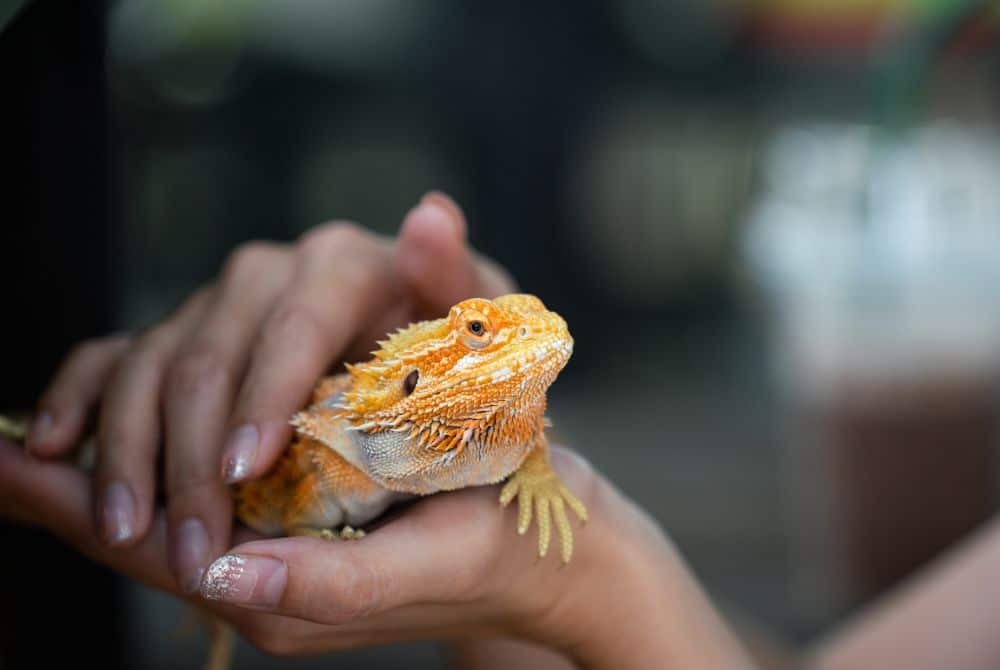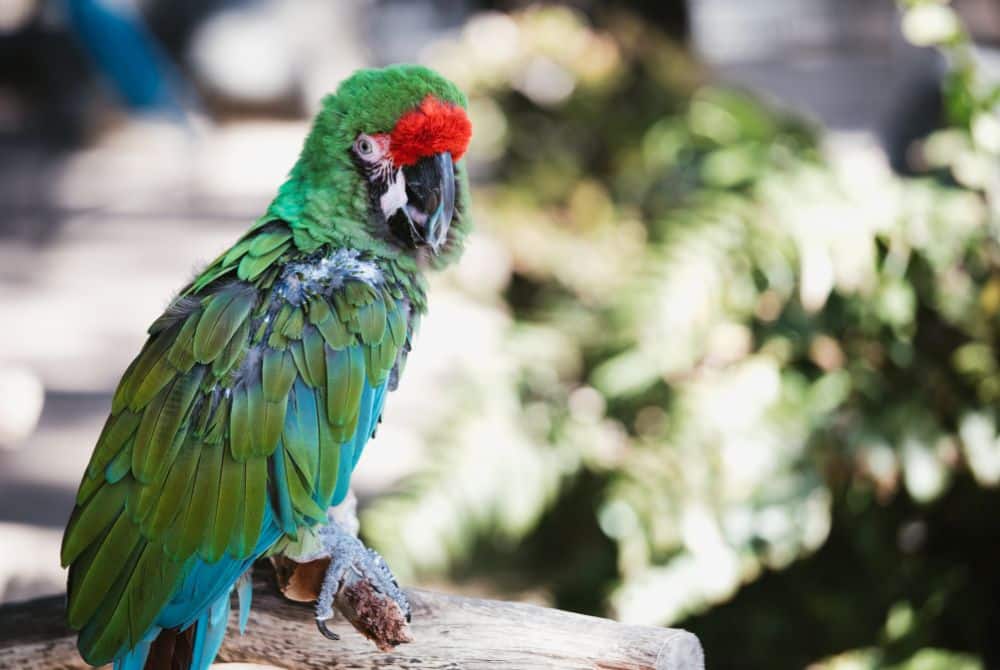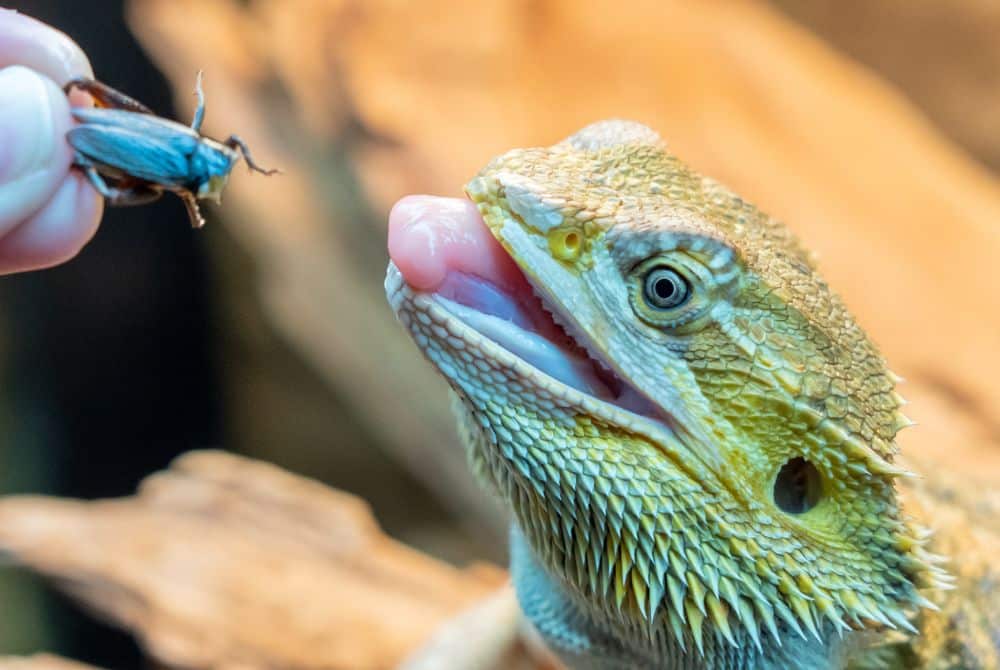Welcome to Latchkey Pets, where we understand that every pet is unique, including those of the exotic variety! In this blog, we’ll delve into the world of pet sitting for exotic pets, exploring the special considerations and requirements that come with caring for these fascinating creatures.
Exotic pets include a diverse array of species. Each type of exotic pet has its own set of needs and requirements, making pet sitting a specialized task for them. Let’s take a closer look at some of the critical considerations for exotic pet sitting:

The Most Popular Exotic Pets
Exotic pets come in diverse shapes and sizes, but some species are particularly beloved by enthusiasts. Here are some of the most popular exotic pets:
Reptiles: Snakes, turtles, and bearded dragons are common choices among reptile enthusiasts.
Birds: Parrots, cockatiels, and finches are beloved companions for many bird lovers.
Small Mammals: Ferrets, hedgehogs, and sugar gliders are adorable and unique pets that require special care.
These are just a few examples of the diverse array of exotic pets that pet sitters may encounter. Each species will have unique characteristics and care requirements, so it’s essential to educate yourself thoroughly before taking on the responsibility of pet sitting for an exotic pet.
Safety First
When pet sitting for exotic pets, safety is paramount. It’s essential to familiarize yourself with the specific needs and behaviors of each type of exotic pet you’ll be caring for. This includes understanding their habitat requirements, handling techniques, and potential health risks.
For example, reptiles such as snakes and lizards may require secure enclosures with proper heating and lighting to maintain their optimal environment. Birds may need to be protected from drafts and potential hazards like toxic plants or open windows.

Questions to Ask the Pet Owner
Before taking on the responsibility of pet sitting for an exotic pet, be sure to ask the pet owner detailed questions about their pet’s care routine. Some critical questions to consider include:
- What species of exotic pet do you own, and what are their specific care requirements?
- What veterinary care does the pet require, and how should any medical emergencies be handled?
- What are the emergency contact phone numbers in case of an issue or emergency?
- What is the pet’s daily routine, including feeding times, exercise, and socialization?
- What type of enclosure does the pet require, and how should it be set up?
- What are the pet’s dietary needs, and are there any specific feeding instructions?
- Are there any special handling considerations or behaviors to be aware of?
- What are the pet’s socialization needs, and how should interactions with other pets or humans be managed?
- Are there any grooming requirements or health concerns to be aware of?
- Is there anything else I should know to ensure the pet’s comfort and well-being?
Understanding these aspects will help ensure you can provide the best possible care for the exotic pet while the owner is away.

Basic Needs and Requirements
Exotic pets have diverse needs when it comes to nutrition, habitat, and socialization. Here are some general guidelines for caring for exotic pets:
Nutrition: Exotic pets often have specific dietary needs based on their species and natural habitat. Researching the appropriate diet for your pet and providing a balanced nutrition plan is essential for their health and well-being.
Habitat: Creating a suitable habitat for your exotic pet is crucial for their comfort and happiness. This includes providing the right temperature, humidity levels, substrate, and hiding spots to mimic their natural environment.
Socialization: Some exotic pets, such as birds and small mammals, thrive on social interaction and companionship. Providing opportunities for socialization through playtime, handling, and interaction with other pets or humans is essential for their mental and emotional well-being.

Caring for Exotic Pets
Caring for exotic pets requires dedication, knowledge, and attention to detail. Here are some general care tips for exotic pet owners:
Research
Educate yourself about your exotic pet species’ specific needs and requirements. Consult reputable sources, such as books, websites, or experienced breeders, to learn more about their care.
Veterinary Care
Find a veterinarian experienced in exotic pet care and schedule regular check-ups to ensure your pet remains healthy.
Enrichment
Provide physical and mental stimulation for your exotic pet through toys, puzzles, and enrichment activities tailored to their species.
Grooming
Your exotic pet’s grooming needs, such as nail trimming, bathing (if applicable), and dental care, should be attended to as your veterinarian recommends.

Wrapping Up
Exotic pets have captured the hearts of animal lovers around the world with their unique characteristics and captivating charm. From colorful reptiles to playful mammals, exotic pets offer a one-of-a-kind experience for pet owners. Pet sitting for exotic pets requires careful consideration to ensure their safety and well-being. By understanding their specific needs and requirements, asking the right questions, and providing attentive care, pet sitters can ensure a positive experience for both the exotic pet and their owner. At Latchkey Pets, we’re dedicated to providing expert care for all pets, no matter how exotic!
